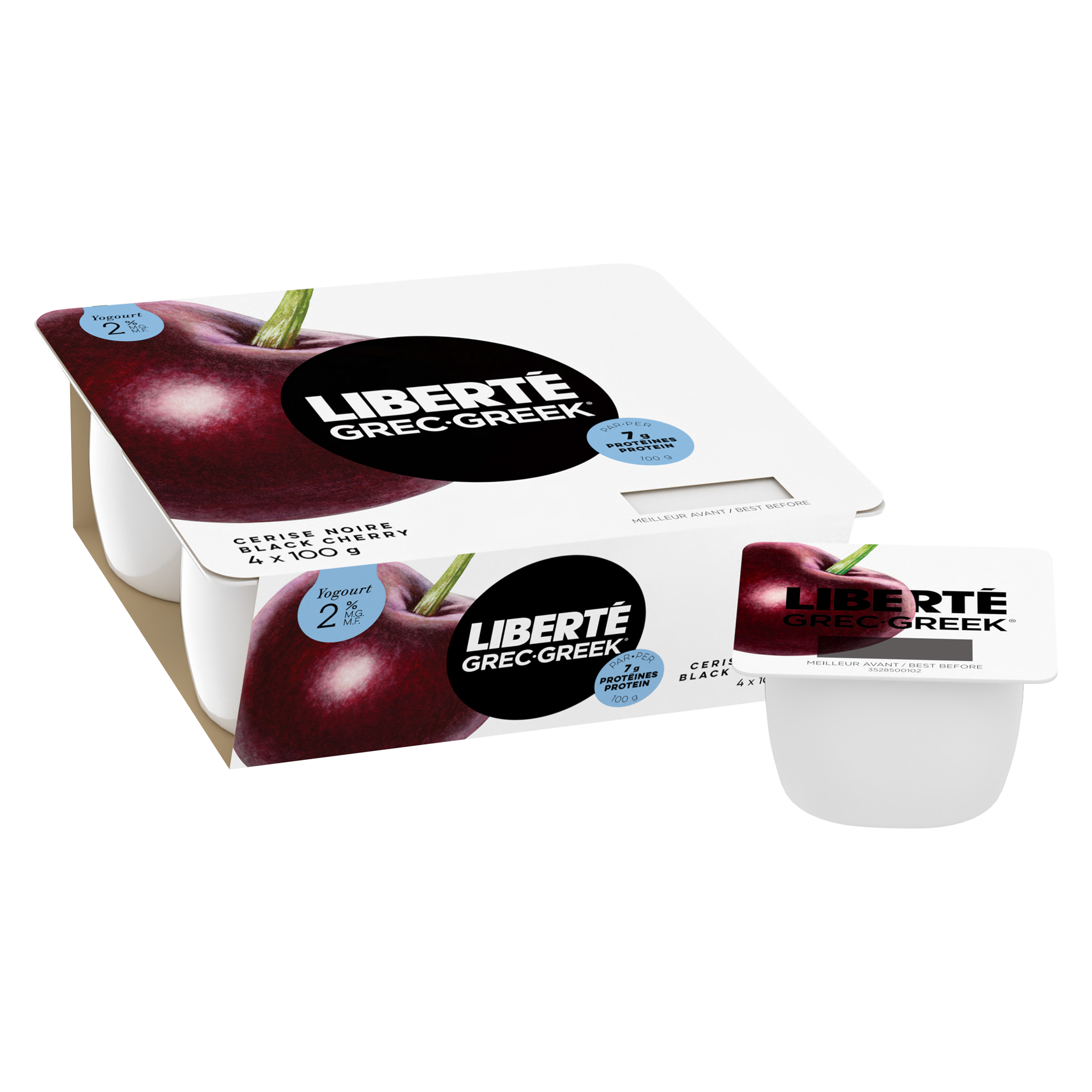Explore where we have been and where we are going. At Liberté, we are committed to making changes for a more sustainable future, step by step. From packaging to regenerative agriculture, we are making our brand more sustainable every day.
PACKAGING
Transitioned from black to transparent lids on our tubs so they can be recycled
REGENERATIVE AGRICULTURE
Launched our regenerative farming pilot program with 32 Quebec dairy farms
REGENERATIVE AGRICULTURE
Increasing investment to scale regenerative agriculture program in Quebec
PACKAGING
REGENERATIVE AGRICULTURE
Investing $400k towards regenerative agriculture
PACKAGING
REGENERATIVE AGRICULTURE
Grow the Quebec dairy farms program
PACKAGING
100% recyclable packaging
REGENERATIVE AGRICULTURE
Continuing to increase investment to scale regenerative agriculture program in Quebec
Currently, we are working on removing the black pigment from the rest of our products including the black pigment from the Greek Crunch cups and the bottle cap on our Kefir products. We are committed to making all our products recyclable by 2030.
Current multipack yogurt cups are made from a material called polystyrene. This type of plastic is not widely recyclable in Canada. We are working on creating cups using a higher recyclable type of plastic and are committed to achieving this by 2030.
We want to take it further by exploring the usage of PCR for all our yogurt containers. This will help reduce the amount of waste that ultimately ends up in landfills. We will continue to provide updates as we progress in this project.
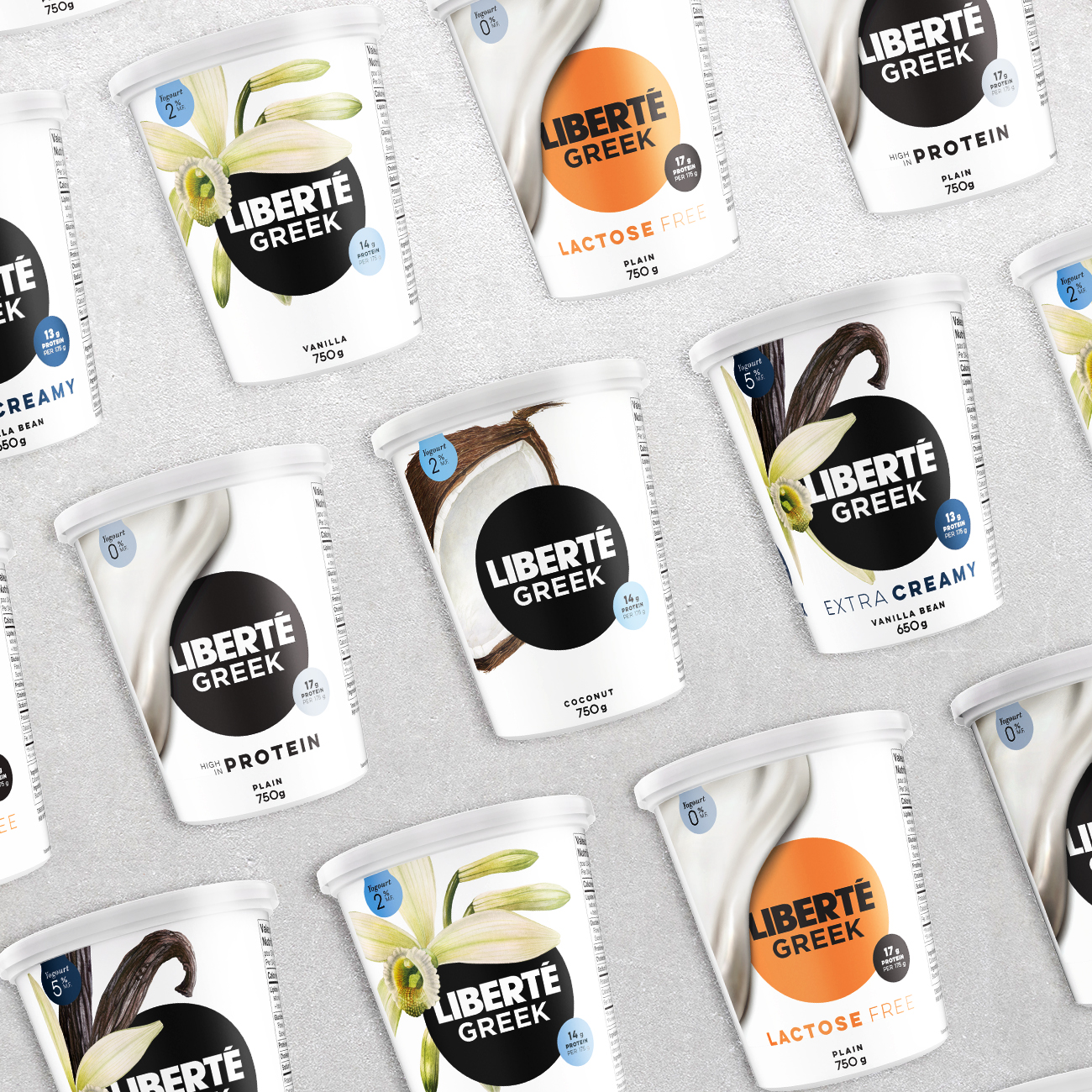



PCR (post-consumer resin) is packaging made from recycled plastics. Instead of packaging ending up in landfill, they can be reconstructed into a resin material used to create new packaging.
As not all our packaging is recyclable, we have put together diagrams to help you recycle our products.
We define regenerative agriculture as a principles-based approach to farming which focuses on improving soil health and strengthening ecosystems. One-way regenerative agriculture can improve soil health is by keeping the soil covered throughout the year. This may lead to reduced greenhouse gas emissions as healthy soil can act as a better agent for carbon sequestration – a means to draw carbon emissions from the atmosphere to store in the soil.
As all our Liberté products are made with 100% Canadian milk sourced mainly from the Quebec province, we’ve partnered with Regeneration Canada and Logiag to launch a pilot program that supports Quebec farmers as they innovate with regenerative practices.
Every farmer in this program receives a detailed analysis of their whole farm's greenhouse gas emissions, a transition plan to adopt new practices over the next 5 years and coaching to help them achieve their goals.
In 2022, we were able to partner with 32 farms for a total of 23,580 acres enrolled. From 2023-2026, we will continue to grow and expand our program and support the farmers.
Together we are advancing regenerative agriculture on dairy farms across Quebec.
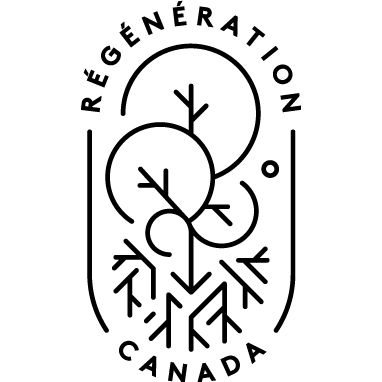



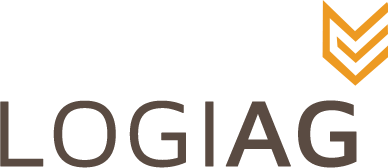



Not all our packaging is recyclable just yet. Find your product below and follow the steps.
KEFIR
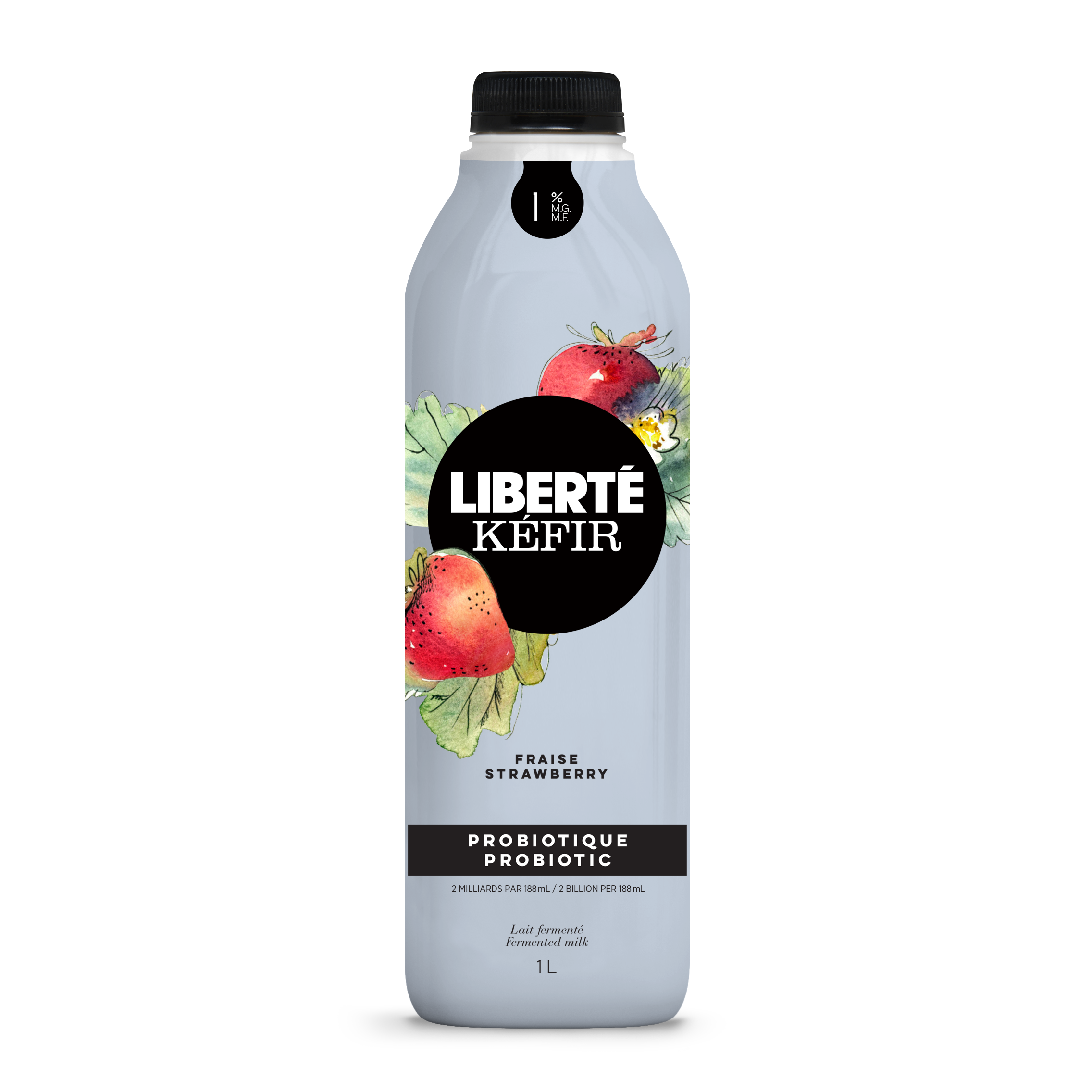



TUBS




MULTIPACKS
